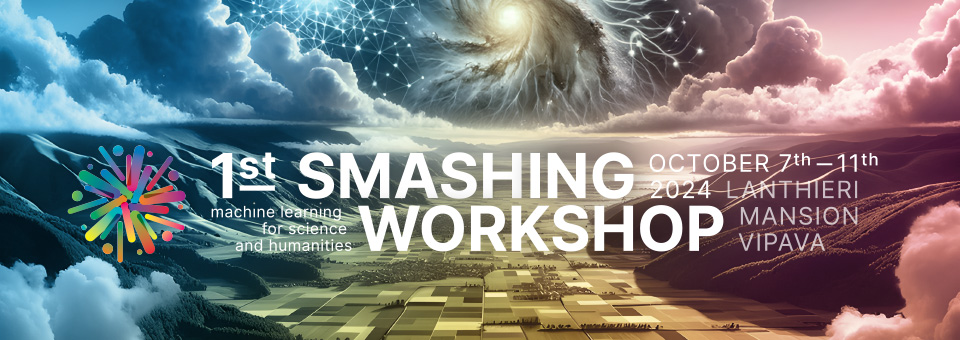Speaker
Description
Sea surface temperature (SST) is critical for weather forecasting and climate modeling, however remotely sensed SST data often suffer from incomplete coverage due to cloud obstruction and limited satellite swath width. While deep learning approaches have shown promise in reconstructing missing data, existing methods struggle to accurately recover fine-grained details, which, however are crucial for many down-stream geophysical processing and prediction problems. We propose CRITER (Coarse Reconstruction with Iterative Refinement network), a novel two-stage approach comprising: (i) a transformer-based Coarse Reconstruction Module (CRM) that estimates low-frequency SST components by leveraging global spatio-temporal correlations in available observations, and (ii) an Iterative Refinement Module (IRM) for recovering high-frequency details absent from the initial CRM estimate. Extensive experiments across Mediterranean, Adriatic, and Atlantic sea datasets reveal CRITER's superior performance over the state-of-the-art DINCAE2 model. CRITER achieves substantial reconstruction error reductions in both missing and observed regions: $20\%$ and $89\%$ for the Mediterranean, $44\%$ and $80\%$ for the Adriatic, and $1\%$ and $88\%$ for the Atlantic dataset, respectively. These results mark a significant advancement in the field of sparse geophysical data reconstruction.

